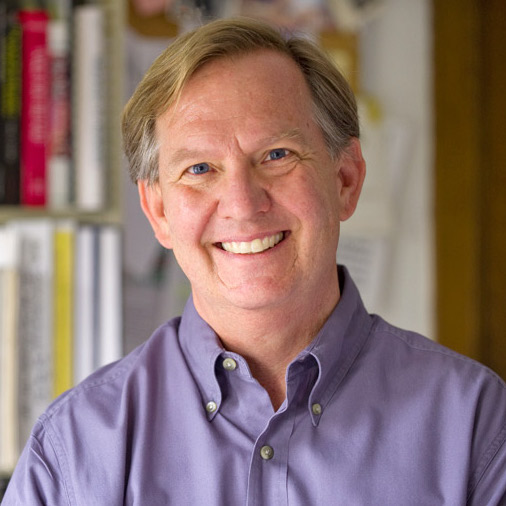
Sure, North Carolina's anti-LGBT "bathroom law" is terrible. So is the new Mississippi law that allows businesses to refuse service to gay people. But the swift negative reaction to these laws says a lot about where the country is going.
On March 23, North Carolina's governor and state legislature passed HB-2. The sweeping law reversed a city ordinance in Charlotte that extended some rights to people who are gay or transgender. On April 5, Mississippi passed HB-1523, which promises that the state will not punish people who refuse to provide services to people because of a religious opposition to same-sex marriage, extramarital sex, or gender transitions.
The media immediately gave North Carolina and Mississippi a pounding. So did celebrity activists like Bruce Springsteen, who cancelled his April 10 concert in Greensboro, North Carolina, as a protest. "Some things are more important than a rock show and this fight against prejudice and bigotry — which is happening as I write — is one of them," Springsteen wrote.
Take a step back, and you'll see conservative politicians who are being forced to choose between anti-gay voters and powerful industries that have adopted zero-tolerance policies toward discrimination. In the long run, this won't be much of a contest.
On March 28, Georgia Gov. Nathan Deal vetoed a bill similar to Mississippi's after Coca-Cola, Disney, Salesforce, Home Depot, Unilever and many other companies issued statements opposing the bill. Immediately after the North Carolina law passed, Paypal cancelled plans to add 400 jobs to its operation in the state; other companies followed. And while South Carolina's legislature is now considering its own "bathroom bill," the state's governor, Nikki Haley, has already said she thinks it's unnecessary. Haley is on the 2016 shortlist for Republican vice-presidential candidates.
This is about right and wrong, but it's also about dollars and cents. Artists like Harry Belafonte, Sammy Davis, Jr. and Paul Newman were important allies to the civil rights movement in the 1960s, according to a new book by historian Emilie Raymond. The difference is that, these days, celebrity activists like Springsteen, Elton John and Emma Watson have a lot more clout than Sidney Poitier did.
The arts and entertainment industries now account for 4 percent of America's GDP, and that is just the tip of the spear. One recent study found that "creative industries" contributed $294 billion to California's economy in 2013, or more than 8 percent of the state's economic activity.
While definitions vary, a list of creative industries usually includes advertising, architecture, crafts, design, film, television, radio, software and computer services, publishing, museums and galleries, music, toys and games, and the performing arts. Some people also include the restaurant industry, scientific research and development, and some branches of engineering.
These industries produce a lot of wealth. They also produce copyrights and patents that create even more wealth for other industries such as law, financial services and construction. And they depend on young professionals who don't understand why LGBT issues are even issues. Seventy percent of millennials (aged 34 and younger) supported same-sex marriage in 2015, according to the Pew Research Center, compared with only 45 percent of baby boomers (aged 51 to 70). And nearly 7 in 10 Americans with a college degree supported gay marriage in 2014, according to an analysis of the General Social Survey, compared with fewer than 4 in 10 high school drop-outs
This isn't to say that hate laws aren't a problem. But the trends are clear. Demographics is destiny, and the anti-gay movement is destined to go away.
Image credit: Flickr/James Millamor

Brad Edmondson is an award-winning writer and presenter who explains social change and how it happens. www.bradedmondson.com.














